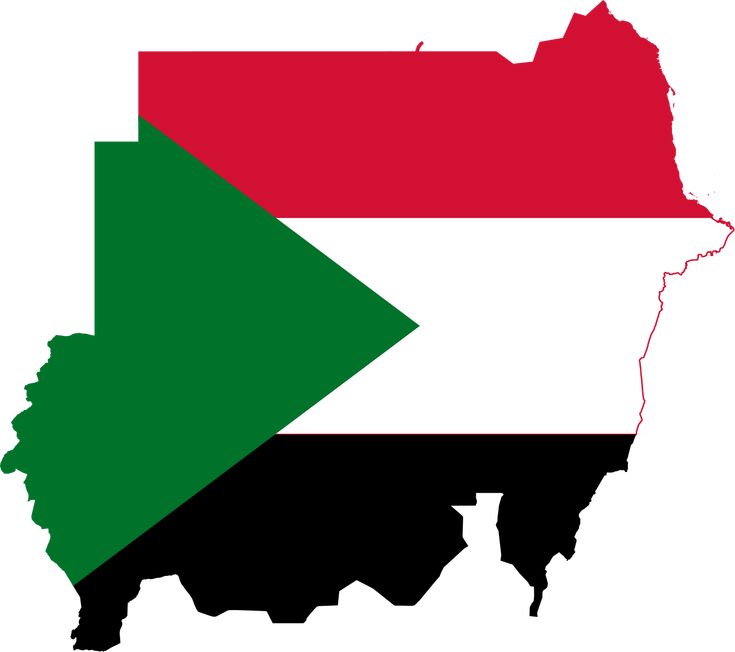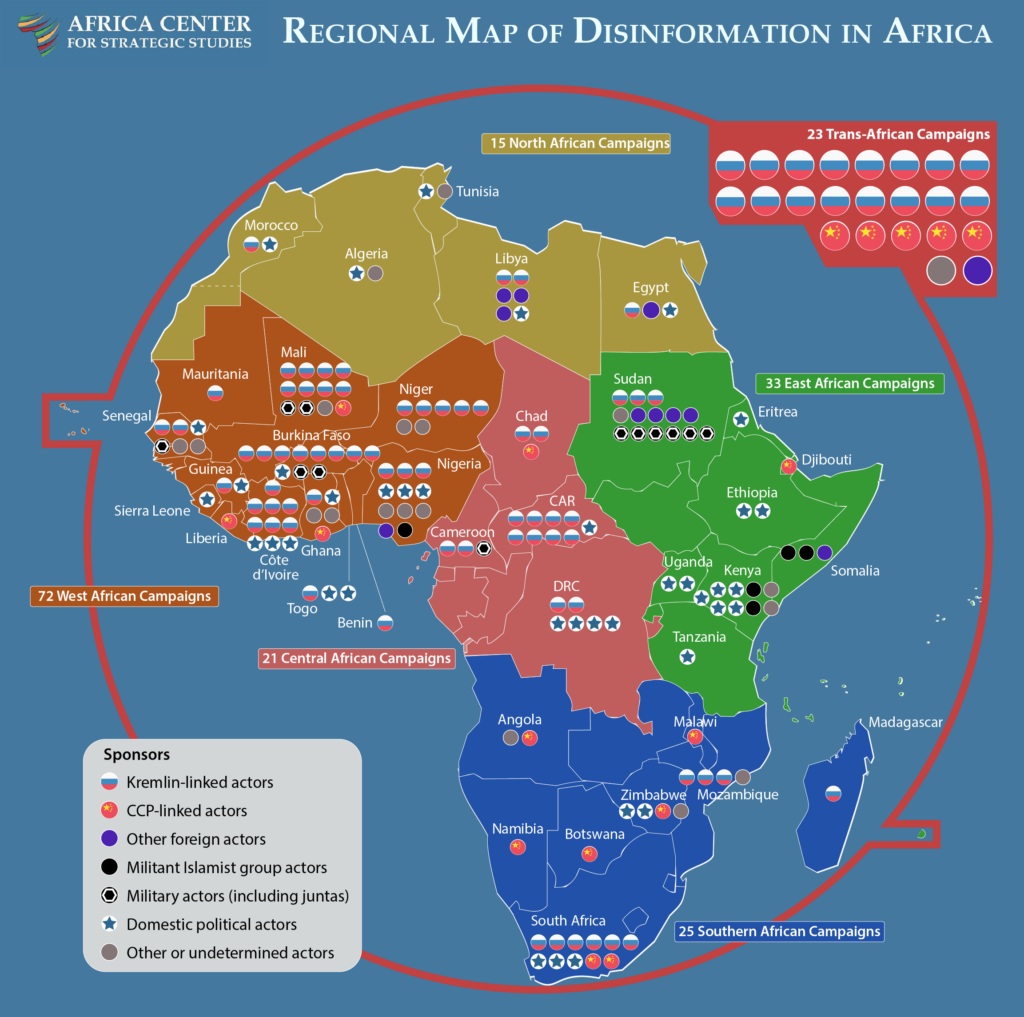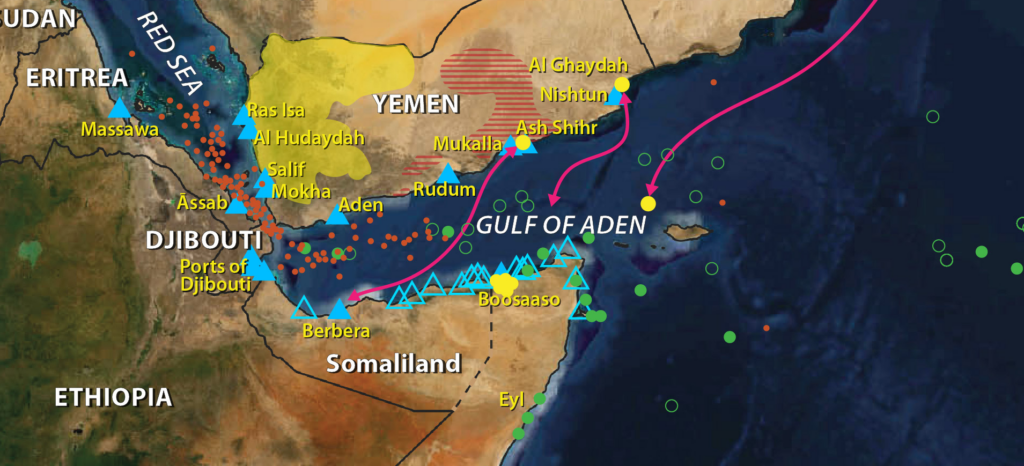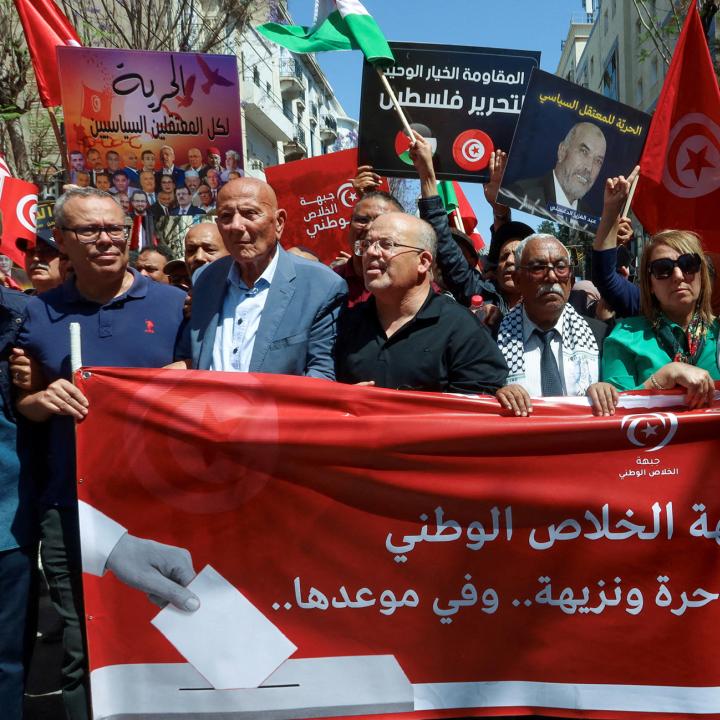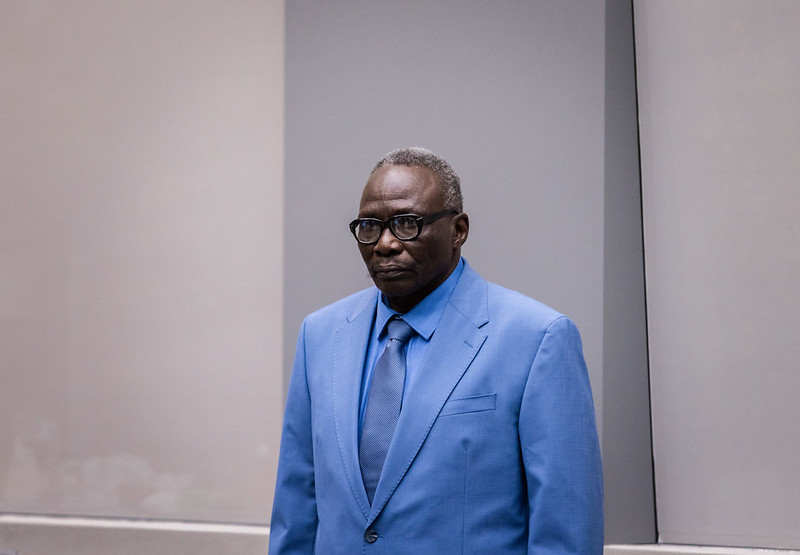Somalie : Le président accuse Israël de vouloir installer de force des Palestiniens sur son territoire
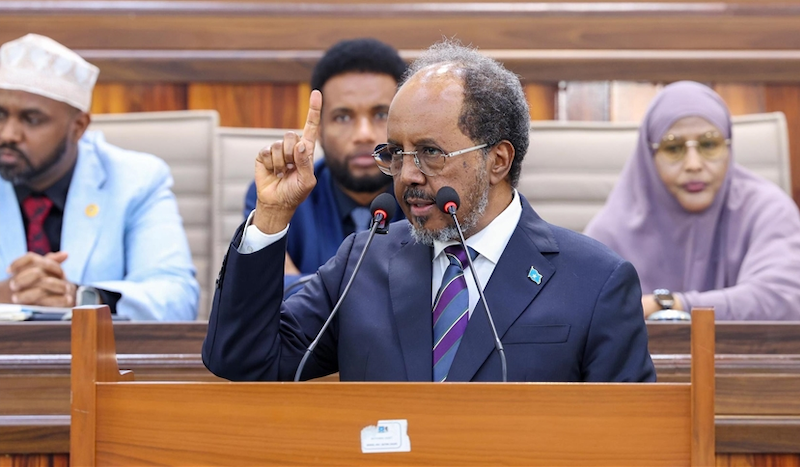
«Après 34 ans, voir Israël surgir soudainement pour reconnaître le Somaliland est extrêmement inattendu et très étrange», déclare Hassan Cheikh Mohamud.
Le président somalien Hassan Cheikh Mohamud a mis en garde contre les ambitions d’Israël, qu’il accuse de vouloir installer de force des Palestiniens en Somalie et d’étendre son accès stratégique au golfe d’Aden et à la mer Rouge.

